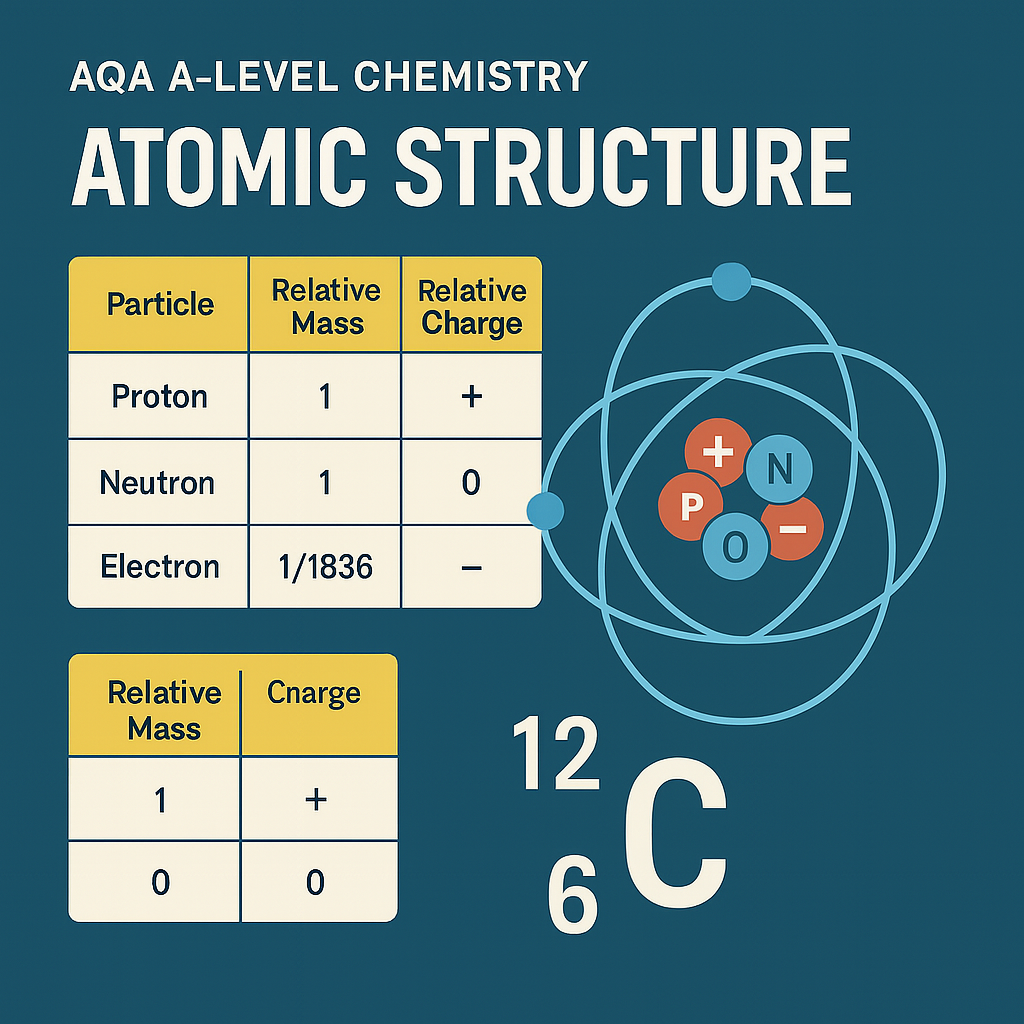Why Believing in Yourself Is the Catalyst for Success in Chemistry
Self-belief grows when you recognise and reward effort, not just outcomes. Did you show up for every revision session this week?
Success in Chemistry isn’t just about memorising equations or mastering mechanisms—it’s also about mindset. Among all the factors that influence student achievement, one of the most powerful is often the most overlooked: self-belief.
Whether you’re aiming for a 9 in GCSE, an A* at A-Level, or a 7 in IB Chemistry, your journey starts not with a textbook, but with the belief that you can get there.
What Is Self-Belief—and Why Does It Matter?
Self-belief is the confidence that your abilities, effort, and resilience can carry you forward. It’s not about arrogance or pretending to know everything—it’s about trusting that you have the potential to improve, grow, and eventually succeed.
Here’s why self-belief matters so much in Chemistry:
It helps you persist when topics get difficult
It keeps you motivated through revision fatigue
It allows you to bounce back after disappointing marks
It gives you the courage to ask questions and learn from mistakes
In other words, self-belief fuels the very behaviours that lead to academic progress.
The Chemistry of Confidence: How Belief Shapes Performance
Have you ever noticed that students who say “I’m just not a science person” often stop trying altogether? That’s the power of a fixed mindset. Once you believe you can’t improve, you’re less likely to put in the effort that actually would help you improve.
On the other hand, students who say, “I don’t get this yet, but I will” tend to make real progress. They view challenges as part of the process—not a dead end.
Belief changes behaviour. And behaviour changes results.
Practical Ways to Build Your Self-Belief in Chemistry
You don’t have to be born confident to become confident. Self-belief is like a muscle—it grows with use. Here’s how to start strengthening it:
1. Reflect on What You’ve Already Achieved
List three Chemistry topics that used to feel impossible but now feel manageable. This reminds you that progress is always possible.
2. Use the Word “Yet”
“I don’t understand electrolysis” becomes “I don’t understand electrolysis yet.” It’s a small shift that makes a big psychological difference.
3. Break Tasks Into Wins
Instead of saying, “I need to revise the whole topic of Organic Chemistry,” say, “I’m going to master alkane reactions today.” Specific, achievable goals build momentum—and belief.
4. Surround Yourself With Encouragement
Whether it's a tutor, teacher, or study partner, make sure someone is in your corner reminding you that you’re capable—even when it feels tough.
5. Celebrate Progress, Not Perfection
Self-belief grows when you recognise and reward effort, not just outcomes. Did you show up for every revision session this week? That matters.
Final Thought: You Can Learn This
Chemistry is challenging—but it is absolutely learnable. And the students who succeed aren’t always the ones who find it easy. They’re the ones who keep going because they believe they can get better.
So the next time you feel stuck, remind yourself:
You don’t need to be perfect—you just need to believe that progress is possible.
Want support that builds your skills and your confidence?
👉 Book a 15 mins consultation with Dr. Marguerite Quinn and start learning Chemistry with a tutor who helps you believe in yourself as much as she believes in you.





Understand AQA A-Level Chemistry Section 3.1.1.2 on mass number and isotopes. Learn key definitions, isotope notation, calculations, and how this topic builds your scientific and exam skills.